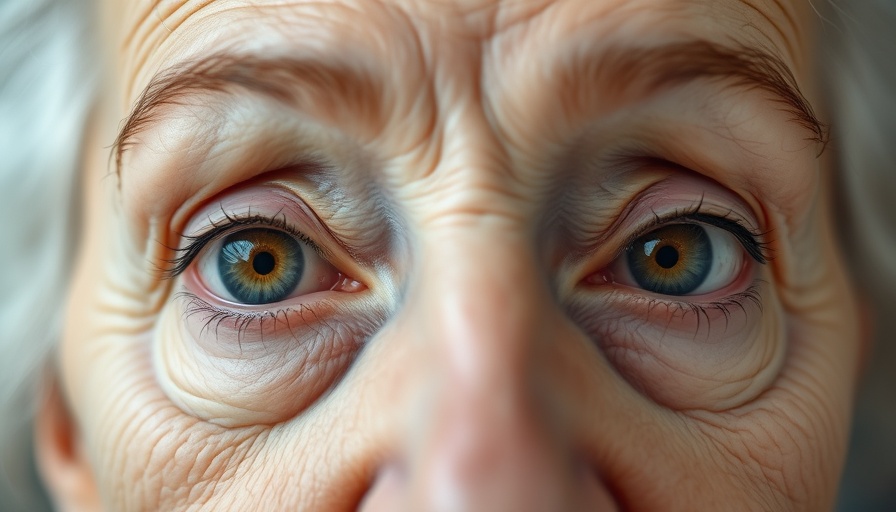
A Research Breakthrough: Fatty Acids and Vision Restoration
As aging becomes a universal experience, many face the inevitable decline in vision. However, researchers at UC Irvine are revolutionizing our understanding of age-related vision loss through a remarkable discovery involving a simple fatty acid supplement. The study highlights how targeting the ELOVL2 "aging gene" can potentially reverse declining eyesight by restoring essential fatty acids in the retina.
What Is ELOVL2 and Why Is It Important?
The ELOVL2 enzyme plays a pivotal role in producing essential fatty acids necessary for maintaining optimal visual function. In aging individuals, this enzyme's activity diminishes, leading to a decline in very-long-chain polyunsaturated fatty acids (VLC-PUFAs), crucial for retinal health. The UC Irvine team has demonstrated in mouse models that enhancing fatty acid levels can not only reverse some effects of aging but also improve visual performance significantly.
Why Not Just DHA?
While docosahexaenoic acid (DHA) has long been credited for its benefits in eye health, recent findings emphasize that it may not be sufficient on its own to combat aging-related visual decline. In this new research, the team discovered that supplementation with specific fatty acids beyond DHA led to better results in terms of restoring eyesight. This revelation calls into question previous assumptions about the exclusive benefits of DHA and opens doors for exploring other fatty acids as potential interventions.
The Path Forward: Genetic Insights and Next Steps
Moreover, the team's findings signal a promising future where genetic variants of the ELOVL2 enzyme may help identify individuals at risk for quicker progression of age-related macular degeneration (AMD). With these insights, personalized interventions could be developed to not only treat but also prevent vision loss associated with aging.
This groundbreaking discovery is more than a scientific breakthrough; it offers hope to millions experiencing the effects of aging. Understanding how we can harness the power of fatty acids for better vision illuminates a potential pathway towards more effective treatments.
Engage with Your Health Journey
As you navigate through perimenopause and early menopause, understanding the impact of nutrition on health is vital. With new insights emerging from studies like these, considering dietary supplements that support vision can be a key step in maintaining not just your eye health but overall well-being. Stay informed and proactive about making choices that enhance your quality of life.
 Add Row
Add Row  Add
Add 




Write A Comment